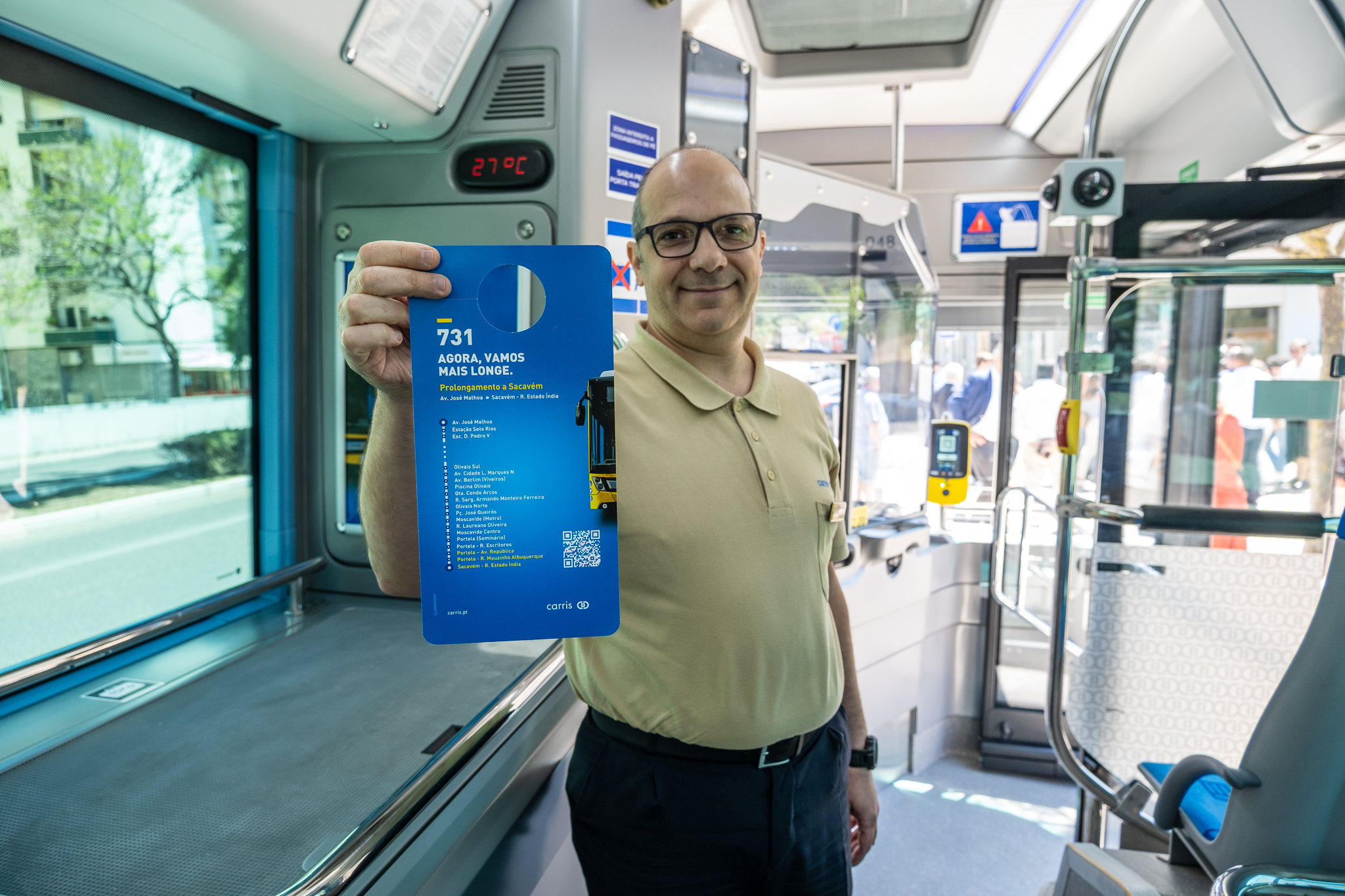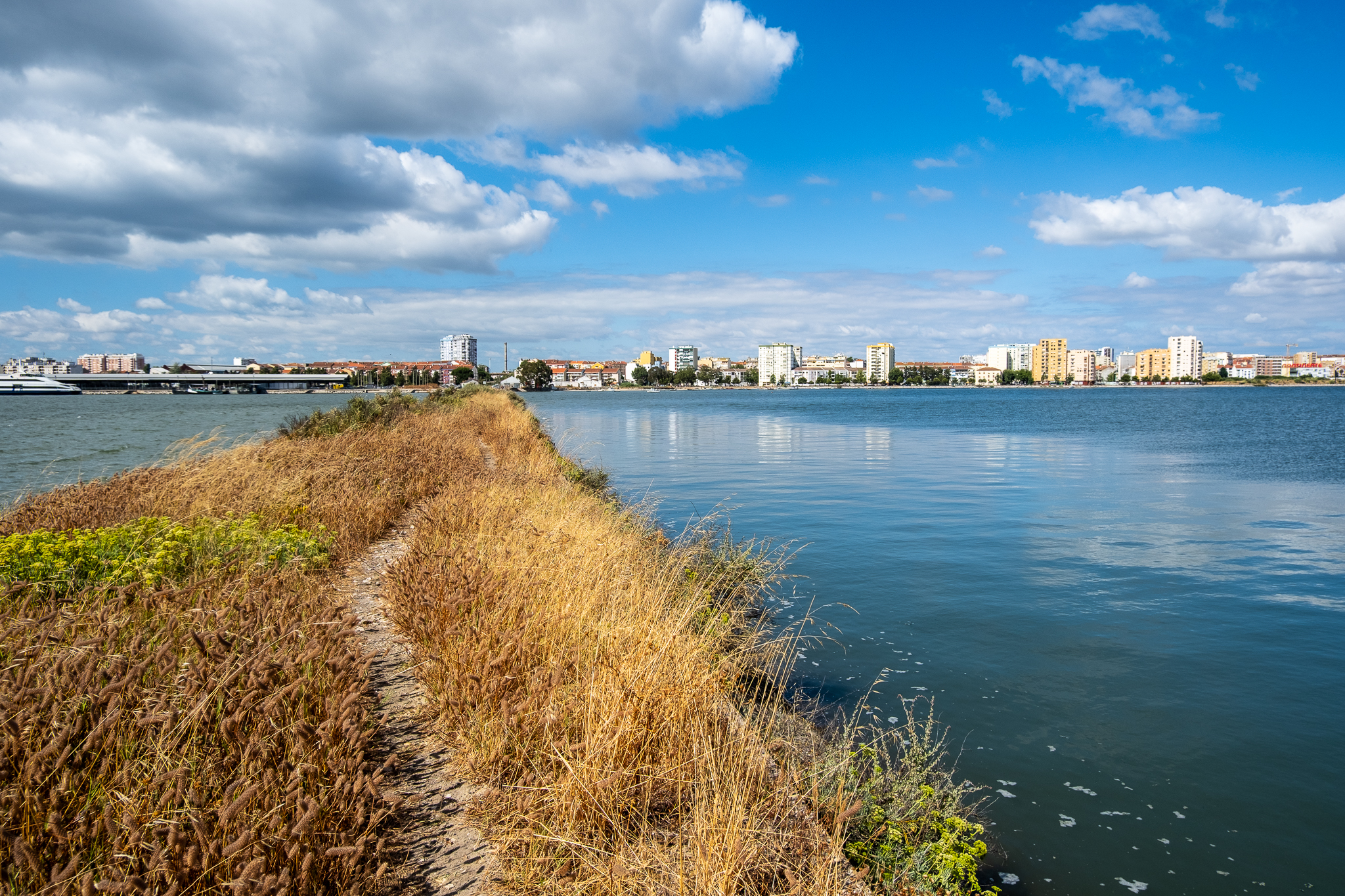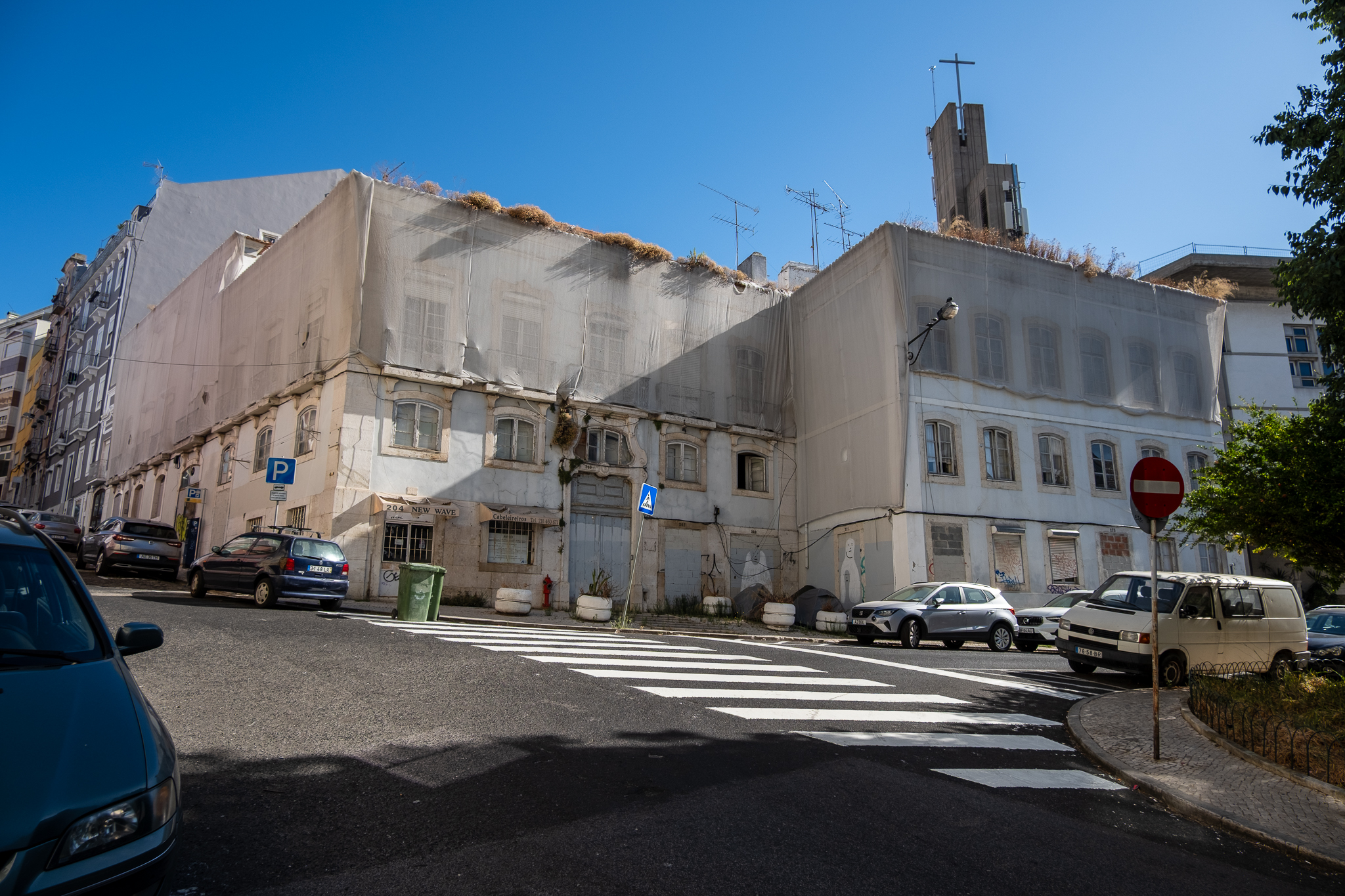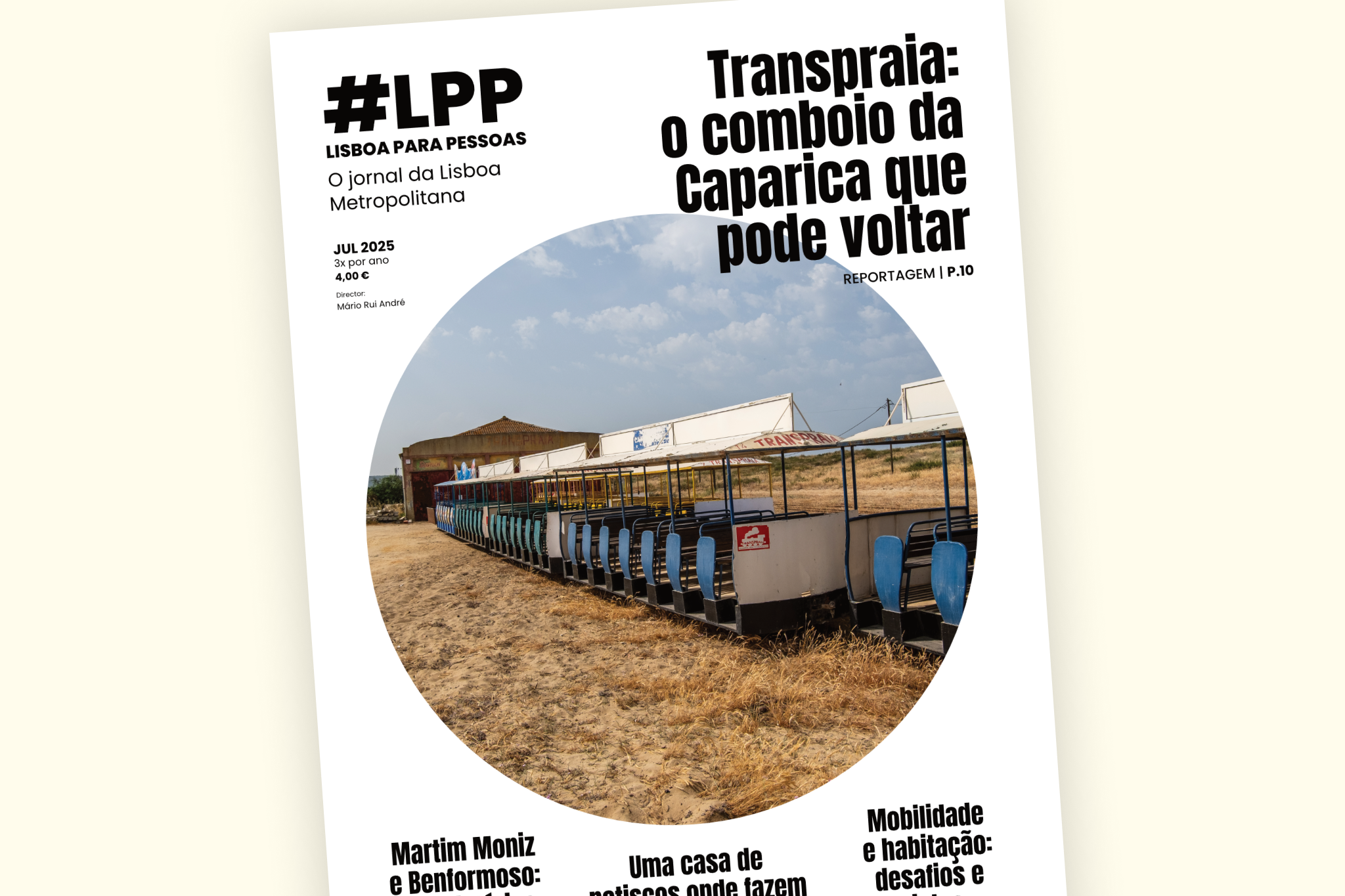
About 50 people who use the bicycle for their daily commute in Lisbon will now ride around the city with portable air quality monitoring sensors. The project is called Open-Seneca and was developed by a UK researcher; it will be on trial in Lisbon along with Stockholm, Sweden.
Open-Seneca's story begins in 2018 when Lorena Gordillo Dagalliera PhD student in engineering and sustainability at Cambridge University, wanted to bring science and citizenship closer together in the particular case of air quality.
Lorena together with some colleagues at the university were looking for a relatively cheap, affordable and mobile way to monitor air pollution - a set of sensors "wrapped" in a small device that could be placed in a backpack or on a bicycle, recording data on the concentration of particulate pollutants in the atmosphere by the second and centralizing this information in a cloud, along with records from other volunteers.
Open-Seneca is the fulfillment of that ambition. The project was one of the winners of the Women4Climate technology competition last yearThis is how the city got to know Lorena and her Open-Seneca, and Lorena and Open-Seneca got to know Lisbon. This is how the city got to know Lorena and her Open-Seneca and how Lorena and Open-Seneca got to know Lisbon. By contacting the Lisbon City Hall and FabLab Lisboa almost simultaneously, the Cambridge researcher ended up getting to where we are today: his idea is being launched in the Portuguese capital with the local support of the municipality and its municipal laboratory for experimentation and digital fabrication, FabLab Lisboa.

O FabLab Lisbon has received about 50 Open-Seneca devices that it will distribute, free of charge, to 50 volunteers who use the bicycle as a means of transportation in the city. It was made one call to all interested parties, having received about a hundred responses, according to Rafael Calado, coordinator of FabLab Lisboa. The selection of candidates is being made based on their profile as urban cyclists - we are looking for a group of volunteers who will cycle every day or almost every day, and who will circulate through different parts of the city, in order to get the best possible coverage of the territory.
Those selected will have, between next Sunday and Monday, depending on the day they booked, a brief training session at the FabLab Lisboa facilities at Mercado do Tijolo, in which they will learn how to assemble their Open-Seneca device (it will come to them in parts), how to put it on their bike, and how to use it in their daily lives. They will not yet take the monitoring kit home that day - that moment will happen later, ideally at the same time, so that all the sensors are working at the same time.
However, these details are not yet finalized and until then it is necessary that all Open-Seneca devices are calibrated with the two existing air monitoring reference stations in Lisbon. This process is essential to correct any discrepancies and errors in the records by each sensor.
The Open-Seneca kit consists of a resistant plastic "shell" and a small display, where it is possible to know in real time (to the second) not only the concentration of polluting particles in the atmosphere (PM 2.5), but also humidity and temperature. Air enters through the bottom of the assembly, where all the electronic circuitry is located. This is where the "Open-Seneca's "brainthe three sensors (air, humidity and temperature), one GPS and one Bluetooth module for geolocation and wireless data transmission, e an SD card for storing the information as a backup.
The device can be paired with your cell phone and its application (iOS e Android); from this, the collected data will be sent anonymously for processing and creation of a Lisbon air quality map. Each volunteer must keep his or her device for at least six months, but can return it at any time and FabLab Lisboa will arrange to find another volunteer from the list of replacements.
The Open-Seneca mobile sensors will reinforce Lisbon's fixed network for monitoring air quality and other parameters, which has recently grown with new evaluation points and new types of sensors. However, by putting a monitoring device in people's hands you are also bringing them closer to an invisible reality of the city: its pollution. Because it is one thing to know it exists, but it is quite another to see it, in real time, in the form of measurements. In a brief test around the Forno do Tijolo Market, in Arroios, we noticed the rapid fluctuation of the values detected by Open-Seneca to the second; all it took was the passing of a car, for example, for the numbers of small polluting particles (PM 2.5) to rise - the ideal is for the values to be as close to zero as possible.








